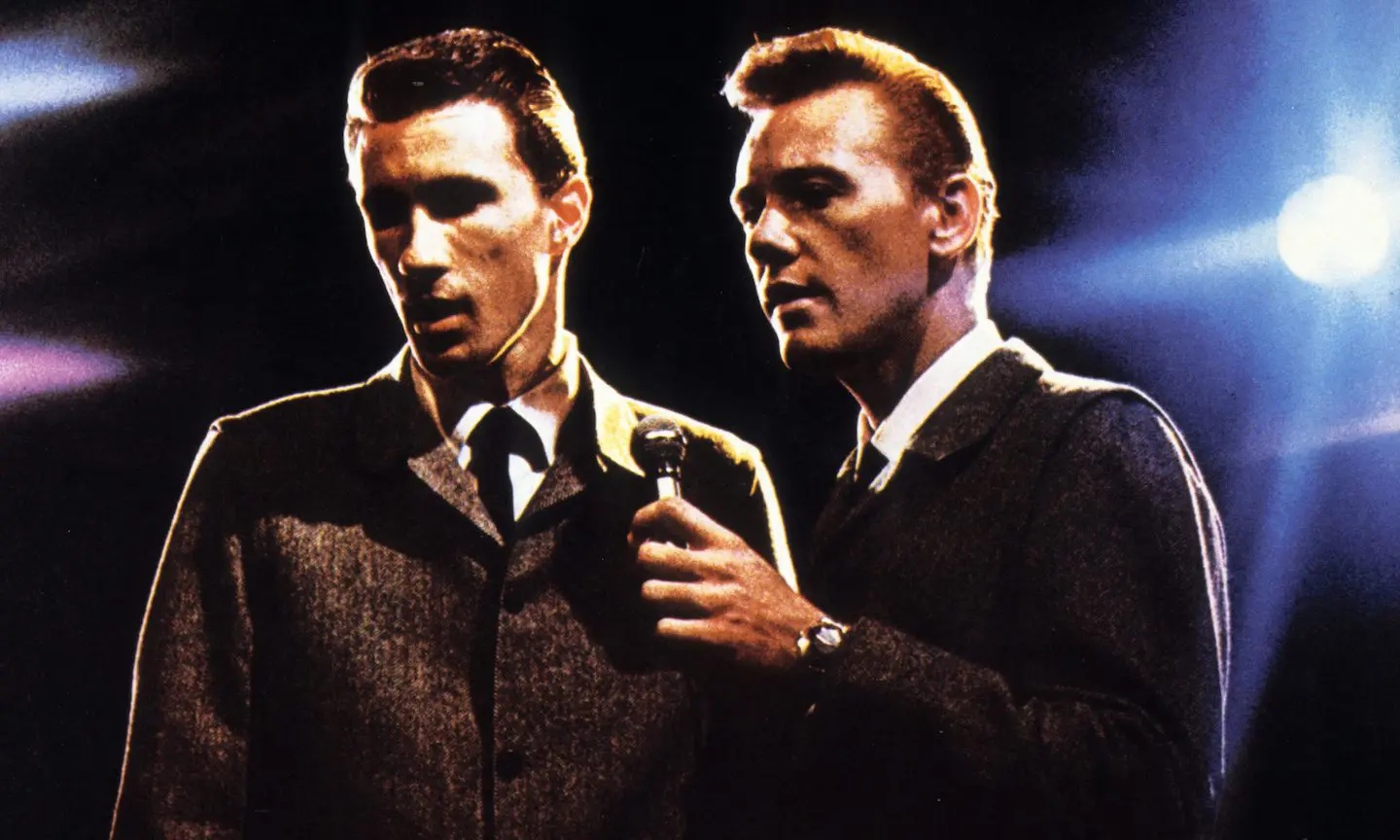“You’ve Lost That Lovin’ Feelin'” – The Righteous Brothers

“You’ve Lost That Lovin’ Feelin'” is a classic song by The Righteous Brothers, released in 1964. Here’s a detailed look at this iconic track:
Overview
- Artist: The Righteous Brothers
- Single Release: November 1964
- Album: Some Blue-Eyed Soul (1964)
- Genre: Pop, Soul
- Length: 3:43
Musical Style
The song features a powerful blend of pop and soul, with lush orchestration and emotional depth. The Righteous Brothers’ vocal performance is characterized by its dramatic and heartfelt delivery, complemented by a rich arrangement that includes strings, percussion, and a prominent bass line. The production, overseen by Phil Spector, showcases his signature “Wall of Sound” technique, creating a full and immersive audio experience.
Lyrics and Theme
The lyrics of “You’ve Lost That Lovin’ Feelin'” express feelings of heartbreak and longing. The song’s narrative revolves around a person lamenting the loss of love and emotional connection in a relationship. Lines like “Baby, baby, I get down on my knees for you” convey a deep sense of desperation and regret. The song captures the emotional intensity of realizing that a once-passionate relationship has faded.
Cultural Impact
The song was a major hit for The Righteous Brothers, reaching No. 1 on the Billboard Hot 100 chart and also topping the charts in the UK. It became one of the defining songs of the 1960s and is often cited as one of the greatest pop and soul songs of all time. The song’s emotive delivery and powerful production contributed to its lasting impact and popularity.
Fun Fact
“You’ve Lost That Lovin’ Feelin'” was written by Barry Mann, Cynthia Weil, and Phil Spector. The track’s production involved the use of a large orchestra and backing singers, contributing to its distinctive and grand sound. The song’s success helped solidify The Righteous Brothers’ reputation as one of the leading vocal groups of the era.
Legacy
“You’ve Lost That Lovin’ Feelin'” remains a classic and influential track, frequently featured in retrospectives of 1960s music and soul. Its emotional depth and powerful performance have ensured its place as one of The Righteous Brothers’ signature songs. The track has been covered by various artists and continues to be celebrated for its contribution to pop and soul music.
Video:















